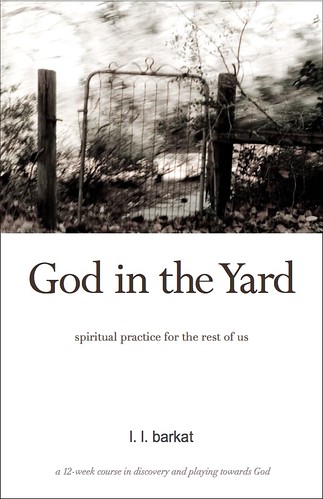Traverse of La Traviata
I'm still thinking about how cultural things trade places. La Traviata, for instance. Opera, I mean. I have a friend whose grandfather sat at the feet of Puccini, as he composed out in the public square (Puccini, that is). Opera was for the common people. Not anymore. Not here, anyway. This common person's entertainment now largely belongs to the person with a pocket book.
I imagine that things usually slide in the opposite direction. The rich man's castoffs trickle down (or sputter) to the less well-to-do. How is it that opera sang its way up?
opera
I imagine that things usually slide in the opposite direction. The rich man's castoffs trickle down (or sputter) to the less well-to-do. How is it that opera sang its way up?
opera















1 Comments:
I have some strong opinions on this question after many years of fighting the music business, such as it is, since government and corporate funding replaced ticket sales as the primary means of support for opera. In Italy there used to be hundreds of provincial houses that were community centers of culture. Now, the arts in general have become the domain of an elite mafia who fund each other's indulgences in lavish Euro-trash productions and tax-subsidized orchestras that play in radio studios, music that nobody listens to. Sometimes these experiments against reality make it to the stage. Have you heard the opera Nixon in China? In any major city there are many singers who could make a modest success, if the audience were not usurped by big arts money. Many persist, but only in old-fangled auditoriums, in piano accompanied opera scenes, and concerts for ten to twenty people. Apparently you have singers in your family, so you know how it goes.
Post a Comment
<< Home